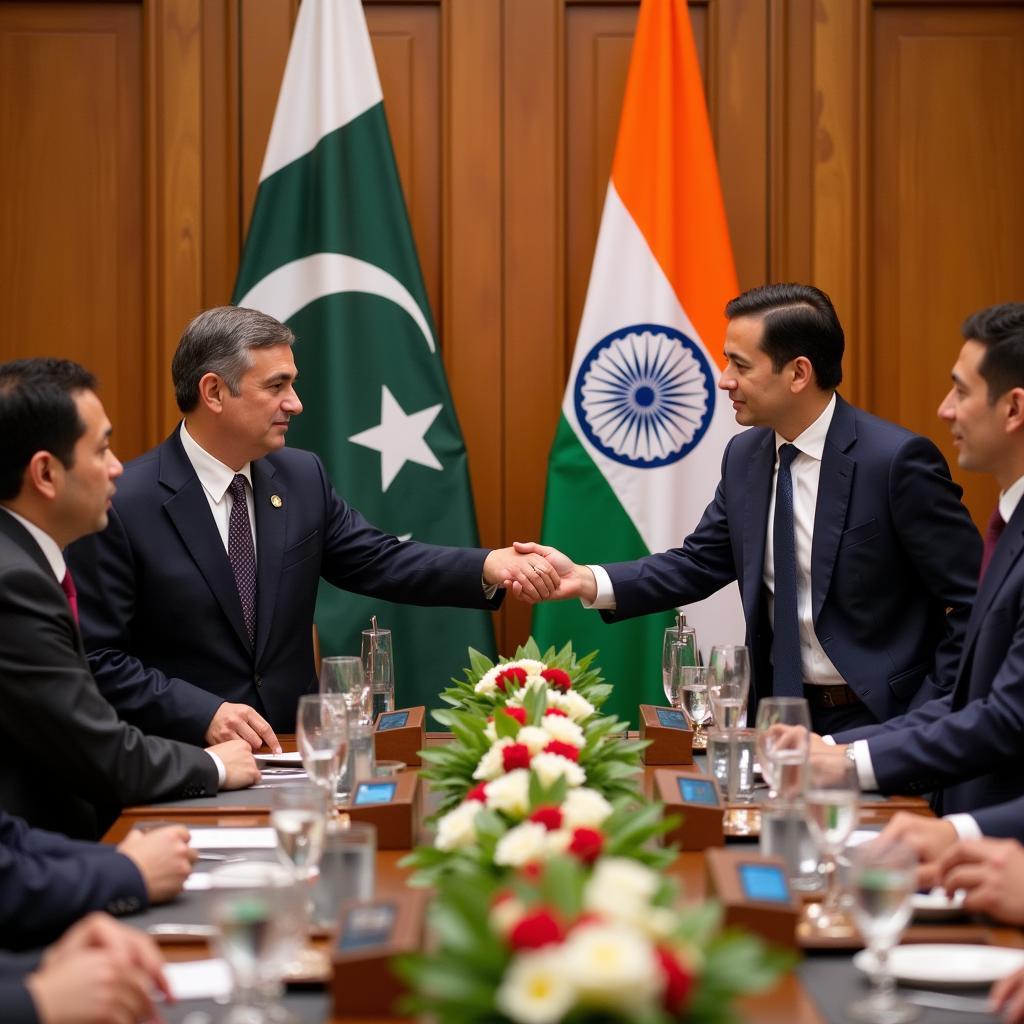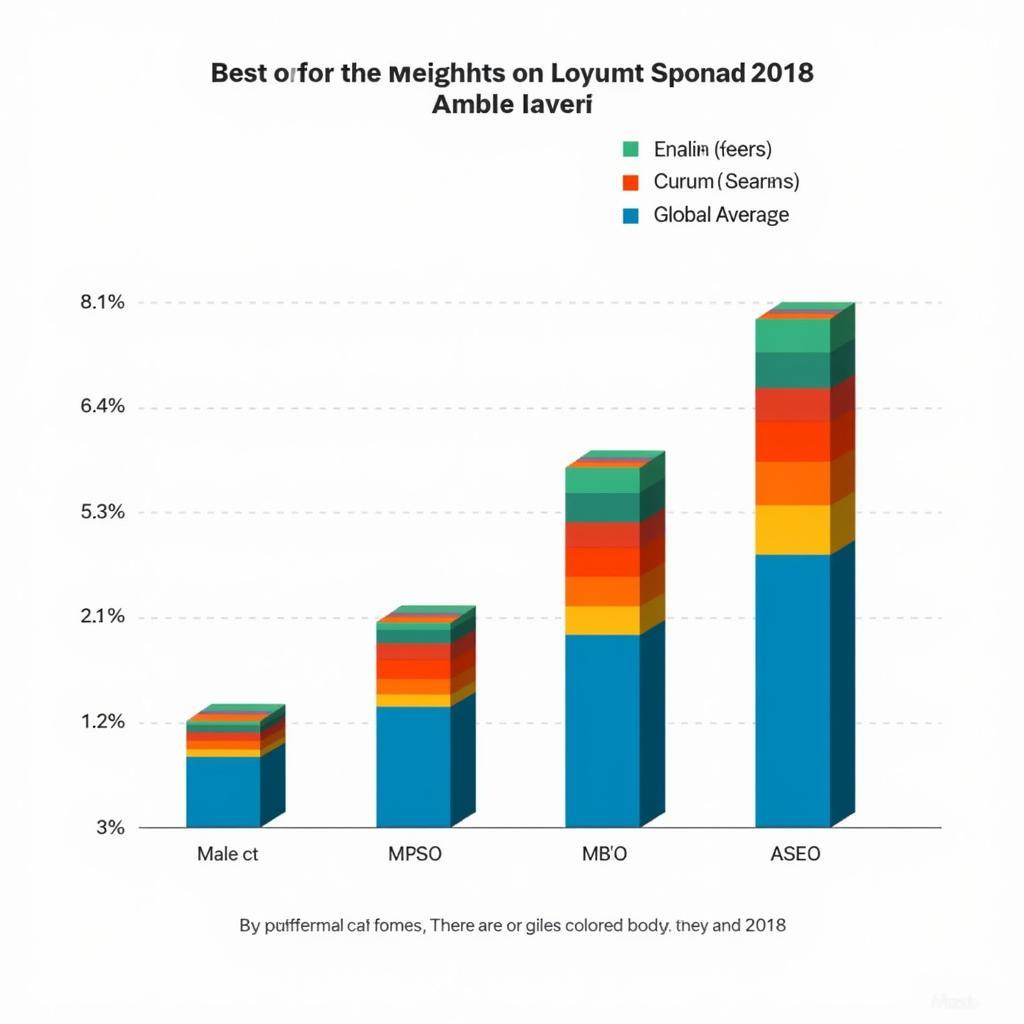ASEAN and Pakistan-India interdependence is a multifaceted relationship shaped by economic, political, and security considerations. This intricate interplay influences regional stability and development, impacting trade, investment, and diplomatic ties. Understanding this dynamic is crucial for navigating the evolving geopolitical landscape of Asia.
Economic Ties Binding ASEAN, Pakistan, and India
Trade plays a significant role in the interconnectedness between ASEAN, Pakistan, and India. ASEAN offers a vibrant market for both Pakistan and India, with significant potential for growth in sectors like textiles, pharmaceuticals, and agricultural products. India’s burgeoning IT sector also finds a receptive audience in ASEAN nations seeking technological advancements. Similarly, Pakistan’s strategic location provides opportunities for transit trade and infrastructure development, further enhancing regional connectivity.
Furthermore, foreign direct investment (FDI) flows between these regions contribute to economic interdependence. Indian companies have invested heavily in ASEAN’s infrastructure and manufacturing sectors, while Pakistani businesses are increasingly exploring opportunities in ASEAN’s growing consumer market. This cross-border investment fosters economic integration and promotes mutual prosperity.
The Role of Regional Trade Agreements
Existing and emerging trade agreements further solidify the economic ties. The ASEAN-India Free Trade Area (AIFTA) has significantly boosted bilateral trade, and similar agreements with Pakistan are being explored. These frameworks facilitate the movement of goods and services, reduce trade barriers, and create a more favorable environment for businesses. They also foster greater cooperation on issues such as customs procedures, standards, and investment promotion.
Political and Security Considerations
Beyond economics, political and security dynamics significantly shape the relationship between ASEAN, Pakistan, and India. The long-standing rivalry between India and Pakistan often casts a shadow over regional cooperation. However, ASEAN’s principle of non-interference and its focus on consensus-building provide a platform for dialogue and engagement, even amidst complex geopolitical tensions.  ASEAN Summit: Engaging with Pakistan and India
ASEAN Summit: Engaging with Pakistan and India
Navigating the South China Sea Dispute
The South China Sea dispute adds another layer of complexity. While ASEAN seeks to maintain its centrality in addressing this issue, both India and Pakistan have interests in ensuring freedom of navigation and stability in the region. This shared concern creates an opportunity for collaboration and dialogue on maritime security, contributing to a more stable regional order.
Counter-terrorism Cooperation
The threat of terrorism also presents a common challenge. ASEAN, Pakistan, and India all face the risk of terrorism and extremist ideologies, which necessitates greater cooperation in intelligence sharing, capacity building, and joint efforts to counter violent extremism. This shared security concern provides a platform for enhanced collaboration and can foster closer ties between these regions.
What is the future of ASEAN, Pakistan, and India Interdependence?
The future of interdependence hinges on several factors. Increased people-to-people contact, cultural exchanges, and educational partnerships can further strengthen the bonds between these regions. Furthermore, promoting sustainable development initiatives, addressing climate change, and collaborating on disaster management can create shared goals and foster greater regional solidarity. Ultimately, a future of greater interconnectedness will require sustained diplomatic efforts, mutual understanding, and a commitment to peaceful coexistence.
Conclusion
ASEAN and Pakistan-India interdependence is a dynamic and evolving relationship. While economic ties provide a strong foundation, political and security considerations add layers of complexity. Navigating this intricate web requires a nuanced approach, focusing on dialogue, cooperation, and a commitment to mutual benefit. Strengthening these relationships will be crucial for ensuring regional stability, fostering economic growth, and promoting peace and prosperity in Asia.
FAQs
- What is AIFTA? AIFTA stands for the ASEAN-India Free Trade Area, a trade agreement aimed at boosting economic ties between ASEAN member states and India.
- How does the South China Sea dispute affect ASEAN, Pakistan, and India? The dispute creates a shared interest in maritime security and freedom of navigation, potentially fostering cooperation between these regions.
- What are the key areas of economic cooperation between ASEAN, Pakistan, and India? Trade, investment, infrastructure development, and cooperation on customs procedures are some key areas.
- What are the main security concerns shared by ASEAN, Pakistan, and India? Terrorism, extremism, and maintaining regional stability are common security concerns.
- How can cultural exchange contribute to stronger ties? People-to-people contact, educational partnerships, and cultural understanding can foster stronger bonds and mutual respect.
- What role does ASEAN play in mediating the India-Pakistan relationship? ASEAN’s principle of non-interference and its focus on dialogue provide a platform for engagement between India and Pakistan within a multilateral setting.
- What are the potential benefits of increased interdependence between ASEAN, Pakistan, and India? Enhanced regional stability, economic growth, and greater cooperation on shared challenges are potential benefits.
Need support? Contact us 24/7: Phone: 0369020373, Email: [email protected] or visit us at Ngoc Lien Village, Hiep Hoa, Bac Giang, Vietnam.


